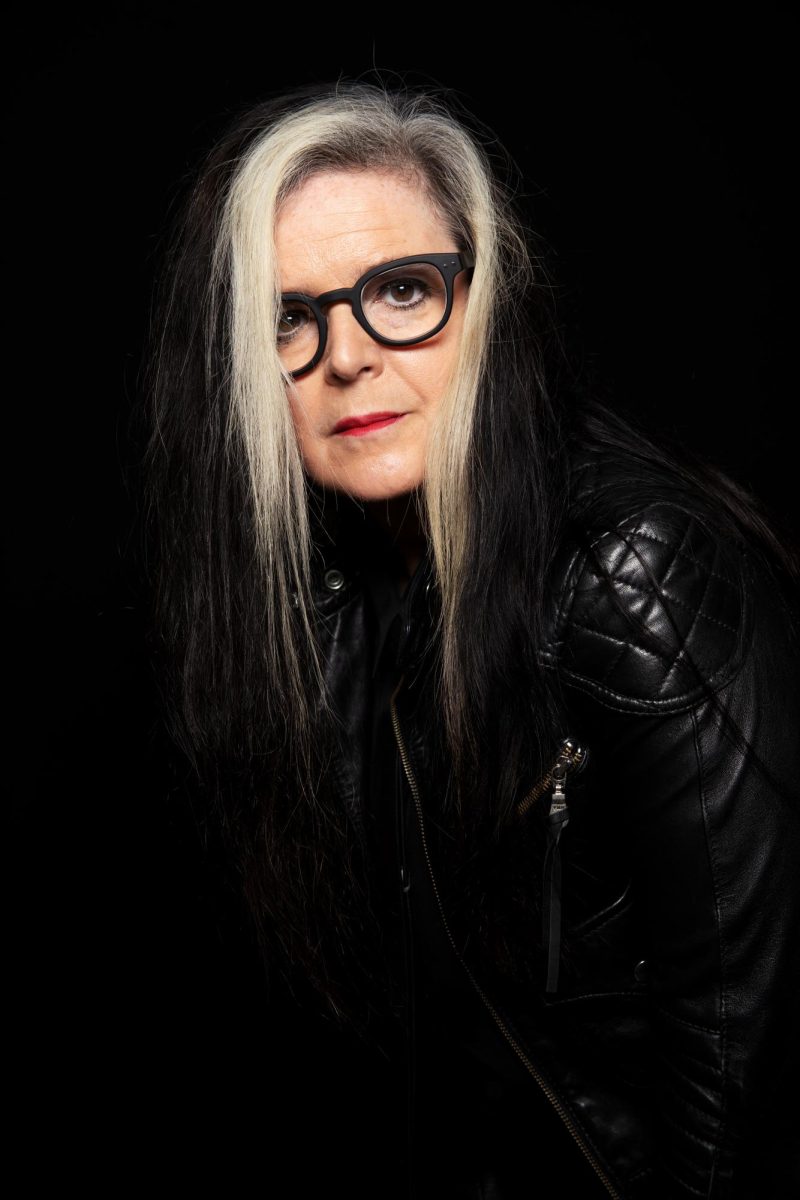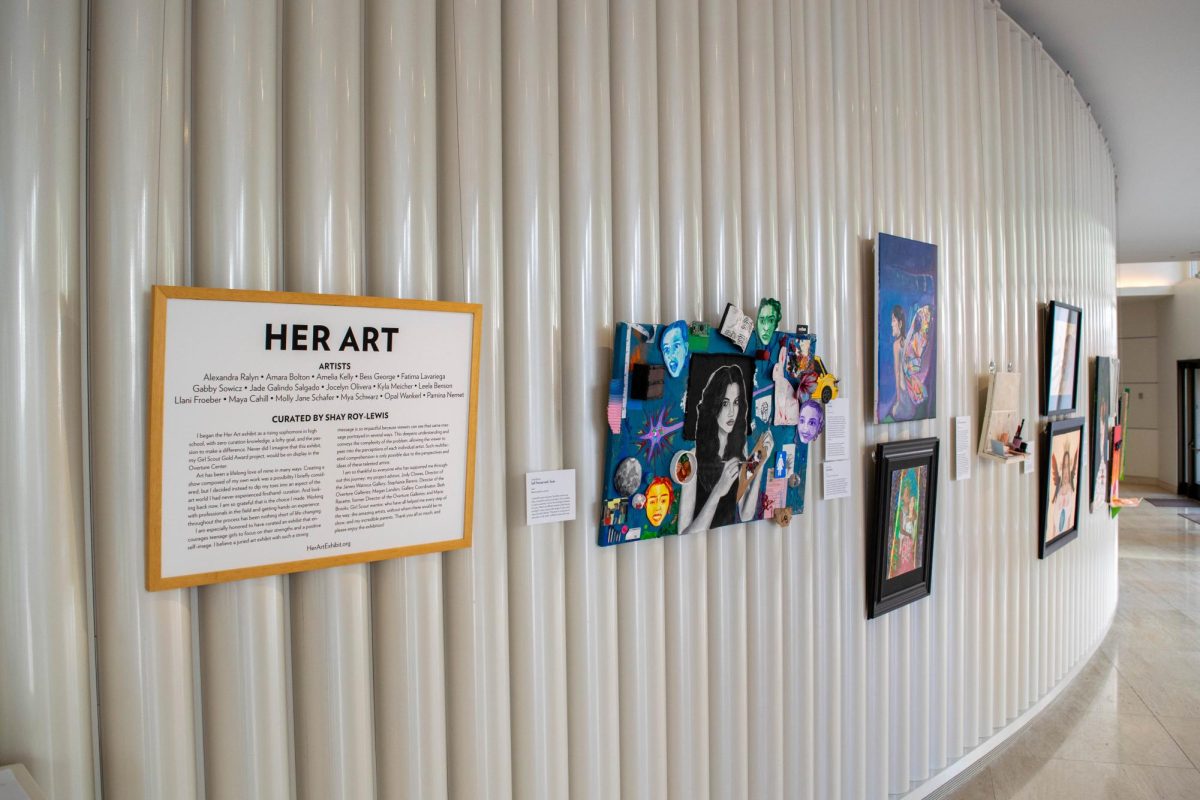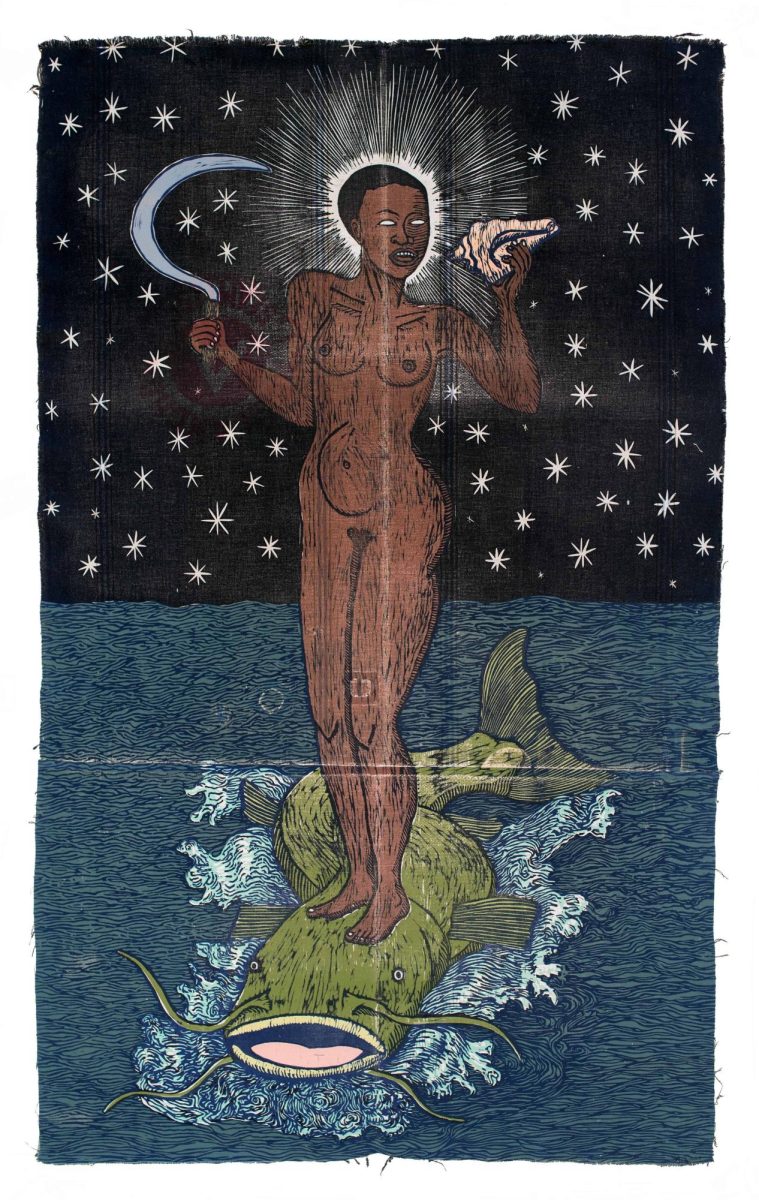Three days after Feb. 21, when Russia officially recognized two opposition-held states in Ukraine, the nation launched a full-scale invasion of the country — a move that has drawn widespread criticism from other nations.
Russia faces not only economic problems from countries imposing sanctions but cultural problems as well. In the world of sports, FIFA — the international governing body of soccer — has banned Russian teams indefinitely from international competition, including the World Cup, a move that has been adopted by The Union of European Football Associations as well. The country has been stripped of hosting the Champions League Final, which was previously scheduled to occur in St. Petersburg — the event will move to Paris instead.
In Formula One news, the Russian Grand Prix has been canceled and the only Russian driver in Formula One, Nikita Mazepin, may not be racing much longer.
UW Dance Department wraps up annual Faculty Concert, featuring work by José Limón
The National Hockey League and the International Ice Hockey Federation have reacted similarly, with the NHL suspending its relations with any Russian partners and the IIHF banning all Russia and Belarusian teams.
In the music industry, many performers have canceled upcoming shows scheduled to take place in Russia. These performers include but are not limited to Green Day, AJR, Eric Clapton and Imagine Dragons, among others.
One industry that has not seen much change in light of this conflict is the film industry — films are still being imported and releases remain scheduled. Given that Russia is the fourth-largest film market in the world, this comes with little surprise. The television industry, however, has taken a stance, with Netflix reducing the amount of content that can be accessed in Russia, and Hulu and Disney+ removing all accessibility.














